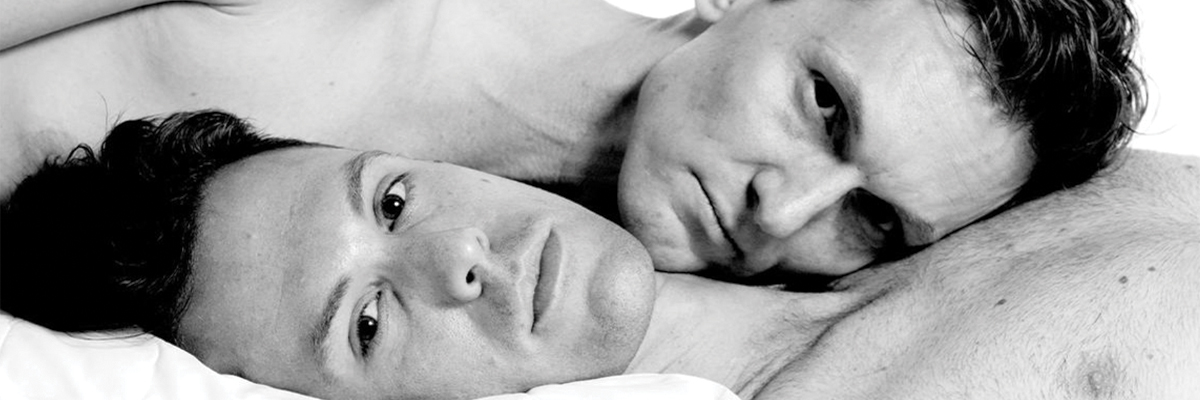
Studio Theatre is delighted to reintroduce audiences to David Muse’s Helen Hayes-award winning 2014 production of Cock, now presented for the camera in Studio’s 2020-2021 season. In this interview with Assistant Director Annabel Heacock, David discusses why Studio decided this play would be the perfect choice to tackle the filmed theatre artform and shares how Cock will resonate with audiences seven years after Studio’s original production.
Well first off, when the Artistic staff started re-thinking our season, we limited our consideration to plays in which actors spend little or no time in close physical proximity. That eliminates about 95% of world drama, and mostly leaves one-actor plays. But the style of Cock makes distancing possible, and often interesting. The idea is that characters in the play aren't literally enacting what's going on in the scenes—actors are eating but there is not food, they are sitting but there are no chairs, they are having sex but can be standing across the stage from one another. I also knew that I didn't want to just stage a play and film it—I was interested in some sort of theatre/film/Zoom hybrid, and Cock struck me as a particularly interesting play to experiment with in this new artform.
I'm sure it'll register somewhat differently. But here are some central themes of the play: the fluidity of attraction, the slipperiness of identity and labels, and, most generally, the ways in which sex and love and life make us all competitors in an oftentimes vicious game. All of that feels both very now and evergreen, so I expect that this is a play that will age well.
I'm a theatre creature, so cameras, cuts, editing, framing—much of the process is brand new for me. Mostly I'm frantically trying to get enough of a grasp on all of it that I know how to stage the thing!
Oddly, all of the time I've spent on Zoom is as much of an inspiration as any film I’ve watched. I have ideas about multiple boxes and perspectives, which is both a practical solution to capturing all of the play's rapid fire dialogue and a way to make it feel not-just-a-filmed-play but also not a movie. In addition to being indebted to all my time spent on virtual meetings, I also look to the inspiration of the Old Vic in London, a company that has used Zoom as a theatre platform more adroitly than anyone else I've come across.